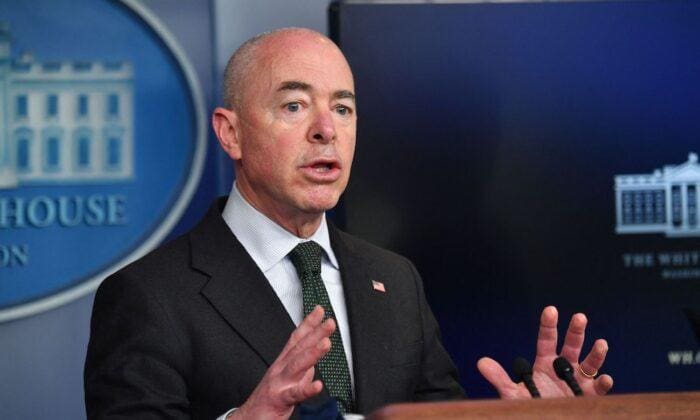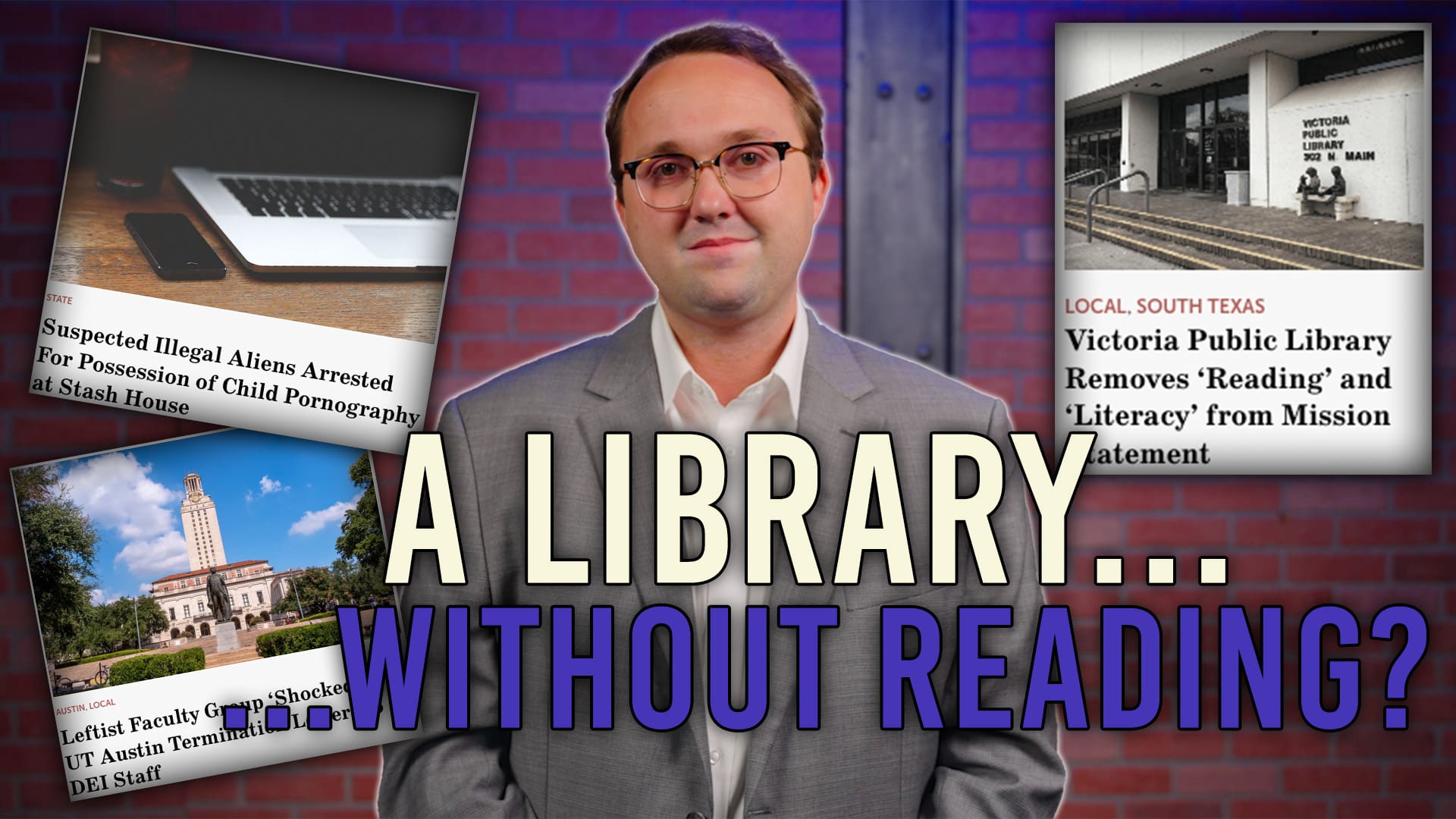In the wake of social media platforms and large tech companies censoring citizens who happen to disagree with their worldview, various states are employing different approaches to curb such discrimination—and Texas is no exception.
The state Legislature approved legislation that takes a unique approach to prevent social media and email censorship.
But how did the legislation come about, and how does it work?
Brief Legislative History
The issue of social media censorship and the government attempting to address it has taken different forms over the last few months.
In the Texas Legislature’s regular session earlier this year, lawmakers considered a proposal that would merely establish complaint procedures and disclosure requirements for social media platforms with more than 100 million active U.S. users every month, instructing the companies to reveal their content moderation policies and prohibiting censorship based on viewpoint or the geographic location of the user in the state.
Though the legislation passed the Senate in early April, it was not considered by the House of Representatives until late May; it ultimately fell victim to House Republican leadership’s grotesque mismanagement of time. The bill consequently failed.
The legislation was one of Lt. Gov Dan Patrick’s stated priorities, and once the bill died, Patrick immediately requested that Gov. Greg Abbott add the issue to the to-do list of any future special legislative sessions.
Though Gov. Abbott did not officially name it an emergency priority during the regular session, he did in fact host a press conference during the session to promote the bill with the legislation’s author, State Sen. Bryan Hughes (R–Mineola), something he had seldom done before.
After the regular session concluded in late May, Abbott ended up adding the issue to the first called special legislative session in June; in turn, the Senate quickly passed a slightly changed version.
But, again, the bill was ultimately never considered in the House, this time due to a lack of quorum (the attendance necessary to conduct legislative business), which eventually paralyzed the Legislature for upwards of 37 days. Texas Scorecard extensively reported on the political soap opera of the Democrats’ summer “quorum break.”
Shortly thereafter in August, Abbott called a second special session, again adding the issue of social media censorship to lawmakers’ agenda. When a quorum finally returned, the House ended up considering their own legislation, House Bill 20 by State Rep. Briscoe Cain (R–Deer Park), and the bill ultimately went on to pass both chambers and was finally signed into law in early September.
What Does the Legislation Do?
Bottom Line Up Front
The legislation does not officially go into effect until December 2, 2021. In the House, it passed largely along purely partisan lines by a vote of 78-42, with only one Republican voting against (State Rep. Giovanni Capriglione of Southlake). In the Senate, the proposed law was approved purely across partisan lines by a vote of 17-13.
The law ultimately seeks to prohibit large social media companies (those with more than 50 million active users in the U.S.) from banning or censoring a Texan—or the content he or she shares or receives—based on that person’s political or religious viewpoints.
How Does the Law Work?
The new law sets out requirements for social media companies, among which are the following:
- They must publicly disclose their content management, data management, and business practices.
- They must also provide an acceptable use policy that is publicly available to users of the platform and includes a listing of the types of allowable content on the platform itself, as well as an explanation of the steps theplatform will take to ensure the content complies with their policies.
- They must provide a biannual transparency report that, among other reporting requirements, summarizes the total number of instances in the past six months where the platform was alerted to policy-violating content as well as the number of times the platform took action on the content.
Additionally, if a social media company removes a user’s content, they must notify the user of the decision with an explanation as well as ways the user can appeal the censored content. The law also requires the platform to maintain a complaint system that would enable users to submit and track their complaints regarding content management.
Texans who are wrongfully de-platformed or censored will now be able to file a lawsuit against the social media site to get back online and make the site pay their legal fees. The law also allows the Texas attorney general to file a lawsuit on behalf of any Texan who is wrongfully de-platformed.
These protections also extend to e-mail messages to the extent already allowed in state and federal law.
The Legal Assumptions & Strategy
Ultimately, the chief strategy of the law seems to be creating a scenario by which the sheer number of potential legal cases from individuals would impose a tremendous legal cost on these platforms, which should be enough to deter them from viewpoint censorship.
This is done in a few ways, but chiefly by empowering any individual who resides in Texas to bring a lawsuit against a platform.
“The law was written in a novel and creative way. How effective it will be has yet to be determined,” said attorney Tony McDonald.
Gov. Greg Abbott recently penned a Washington Post article, where he said, “Opponents of the law argue that, because these platforms are private companies, any government action forcing them to convey messaging against their will is compelled speech, and thus a violation of the First Amendment. Moreover, opponents add, these social media platforms should be able to discriminate in which customers they allow onto their platforms, as any private firm has the right to do.”
Abbott continued, “But Twitter, Facebook, and other massive platforms aren’t just any private companies. They are our modern-day public square, and effectively control the channels we use for discourse. As the Texas law stipulates, they function as common carriers—which means they can’t restrict access to users based on political or religious viewpoints, or other arbitrary standards.”
The recently enacted pro-life “Texas Heartbeat Act” has similar provisions, allowing any member of the public to bring a suit against violators who perform an abortion after a baby’s heartbeat is detected.
What is Next?
Of the other states that have attempted to address this social media censorship issue, none have yet taken Texas’ approach.
Ultimately, once the law takes effect across the state in December, it will become apparent whether social media and email platforms comply.





